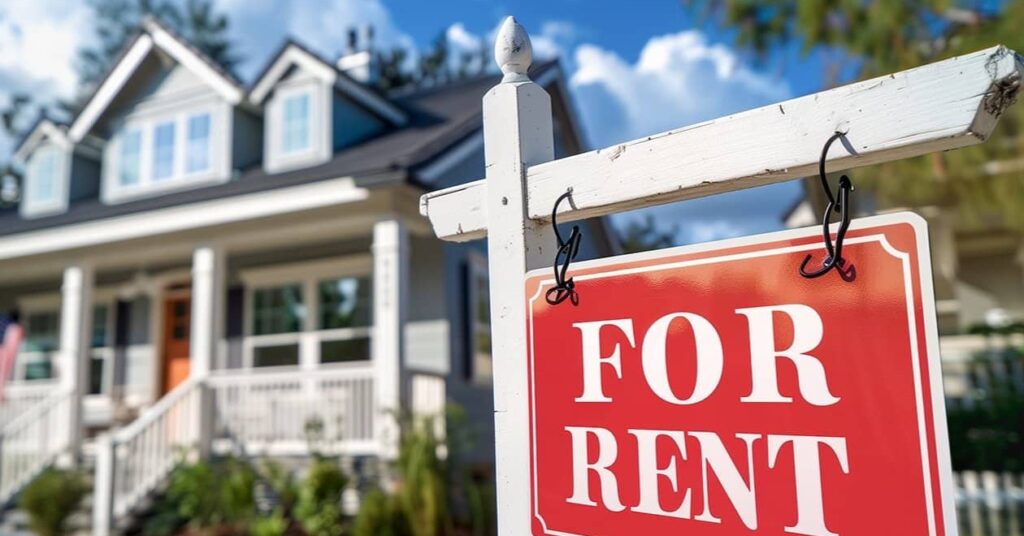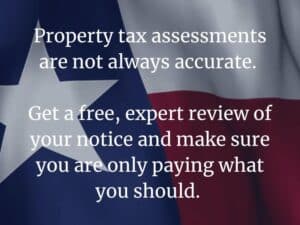Changing how you use your property might seem like a smart investment move. Turning a home into a rental, converting commercial space, or adding short-term lodging can be beneficial. However, in Texas, such changes can have significant tax implications. Property owners often don’t realize that a change in use can trigger a reappraisal and potentially increase their assessed value. This may lead to higher property taxes.
At TexasPVP, we help clients navigate these transitions with a clear understanding of what to expect from the appraisal district. This is especially true when it comes to property use change reappraisals.
What Is a Property Use Change?
A property use change refers to any alteration in how the property is utilized. Common examples include:
- Turning a primary residence into a rental
- Converting a residential property into a commercial space
- Switching from long-term to short-term rentals (like Airbnb)
- Changing agricultural land to non-agricultural use
- Adding new income-generating structures, such as accessory dwelling units (ADUs)
These shifts often affect the marketability, income potential, and regulatory classification of the property. Additionally, they may lead to a property use change reappraisal by the district.
Why Use Changes Can Lead to Reappraisal
Appraisal districts in Texas assess property based on how it is used and its potential to generate income. When your property use changes, the CAD may:
- Reclassify the property: For example, a homestead exemption may be removed if you rent the property out. This could cause your taxable value to increase.
- Reassess market value: Converting a property to commercial or short-term rental use might increase its value. Consequently, this might prompt a reassessment.
- Reevaluate special valuations: Agricultural or open-space land losing its qualifying use can lead to rollback taxes. This applies for the prior 3–5 years.
These actions are not arbitrary; they’re based on the principle that the value of a property depends largely on its use and income potential. Thus, it’s vital to understand how property use change reappraisals work to avoid surprises.
Scenarios That Commonly Trigger Reappraisals
Here are some situations where Texas property owners might unknowingly trigger a reappraisal:
- You rent out your home on Airbnb: Many counties now treat short-term rentals as commercial use. This may affect exemptions or raise taxable value.
- You stop farming your land: Agricultural exemptions are contingent on use. Stopping production or leasing to a non-agricultural user can result in rollback taxes.
- You renovate and repurpose space: Converting a garage into a rental unit or office space may change the property’s function. These changes could attract scrutiny and trigger a reappraisal focused on use.
How to Prepare Before Making a Change
Before you make any major changes in how your property is used, take these steps:
- Consult with a tax professional: TexasPVP can help you assess the potential impact of a use change on your valuation. This includes property use change reappraisals and any related exemptions.
- Gather documentation: Keep records of your property’s current use, any construction permits, leases, or business filings.
- Review CAD classifications: Make sure you understand how your property is currently categorized in the appraisal district’s records.
Proactively understanding the consequences of a use change can save you from unpleasant surprises at protest time. This is particularly relevant when facing a property use change reappraisal.
How TexasPVP Can Help
If a reappraisal due to a use change increases your assessed value, all hope isn’t lost. TexasPVP helps property owners:
- Evaluate whether the new value is accurate and fair
- Compare similar properties to assess uniformity
- File a protest backed by market and equity data
- Represent you through informal and formal hearings
Even if your property has changed, that doesn’t mean your valuation has to skyrocket unjustifiably. We make sure you’re not overpaying due to assumptions or blanket assessments, focusing on fair property use change reappraisal outcomes.
Final Thoughts
Property use changes can offer financial upside. Nonetheless, they come with tax consequences. Being informed and strategic about how these changes affect your valuation is key. Whether you’re converting your home into a rental or changing land use, TexasPVP is here to help you protect your investment and manage your tax burden wisely.
Need help responding to a reappraisal after a property use change? Contact TexasPVP today and get expert support every step of the way.






